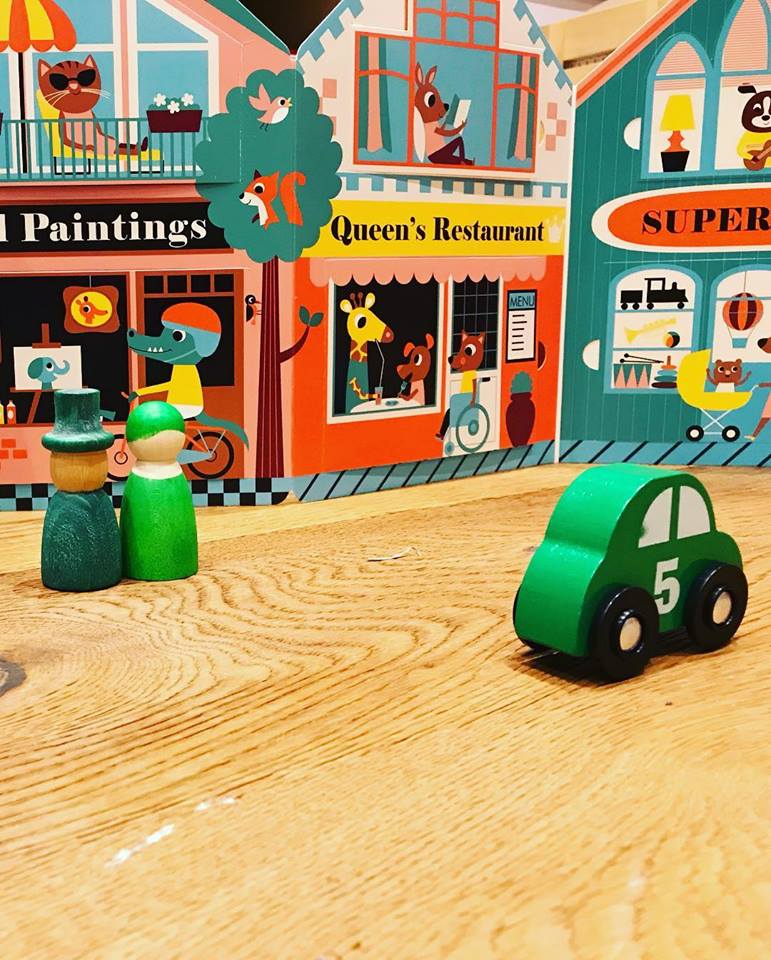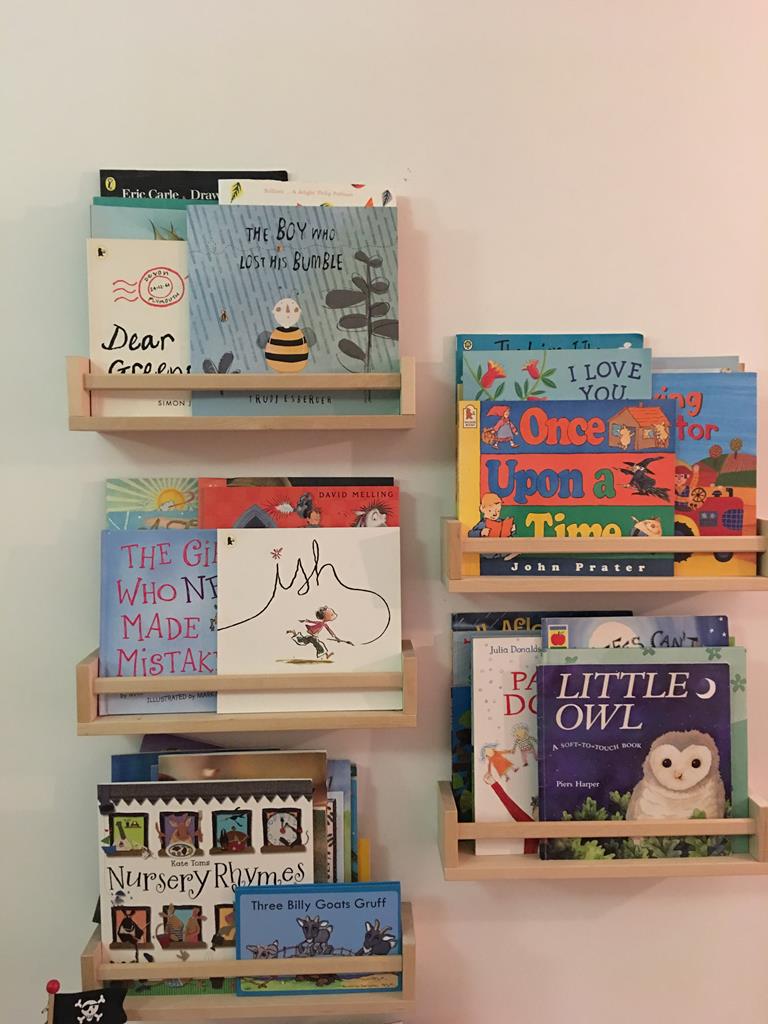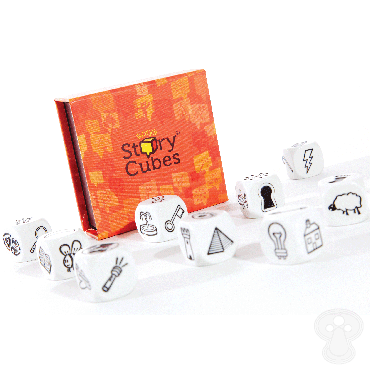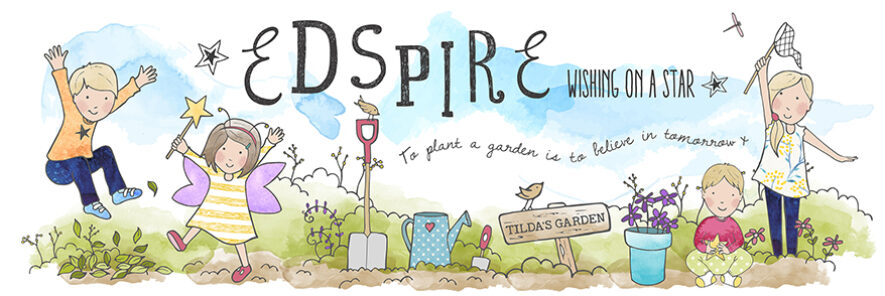This is a sponsored post
Learning new vocabulary is key for children because it helps them become better readers and writers. As a parent, you can find ways to help your child develop their vocabulary during their time at home, to increase their chances of academic success and improve their ability to communicate. After all, a lot of words and phrases are picked up by children through their parents. Here are some ideas from a day nursery in St Margaret’s to get you started.
Start with Letters
Once your child is proficient at the alphabet, they will be far better at developing their vocabulary. You could stick magnetic letters to the fridge or have your child find objects that begin with each letter of the alphabet.

Expose Your Child to New Words
You need to look for ways to expose your child to new words as much as possible. Teach them new nursery rhymes, read books together, and just talk to them. Have conversations in which you use rich vocabulary, explaining what words mean if they don’t already know. Encourage them to ask questions and use it as an opportunity to do some research together so you can help with their learning.
Fill Your House with Words
One way to expose your child to new words is to fill the house with print materials, like books, magazines, newspapers, posters. Explore different genres when reading stories to them, as this will introduce them to new words. For instance, if you read a space exploration book, they will learn what aliens and planets are, whereas a sporty book will teach them words like football, goals, running.

Play Word Games
If you can find ways to make learning fun, your child will reap the benefits. Encourage them to complete age-appropriate crosswords or word searches and play games like Scrabble or Boggle. You could even put together a word scavenger hunt by printing out words and hiding them around the house for your child to find.

Write a Story
Encourage your child to write their own story, so that they can practise using new words in context. Not only will this help them expand their vocabulary, it will also help them with their spelling and grammar, and allow them to become more confident at writing tasks. If a story is a bit full on for your child, there are other ways they can practise their writing. For instance, you could ask them to help you with the shopping list.
